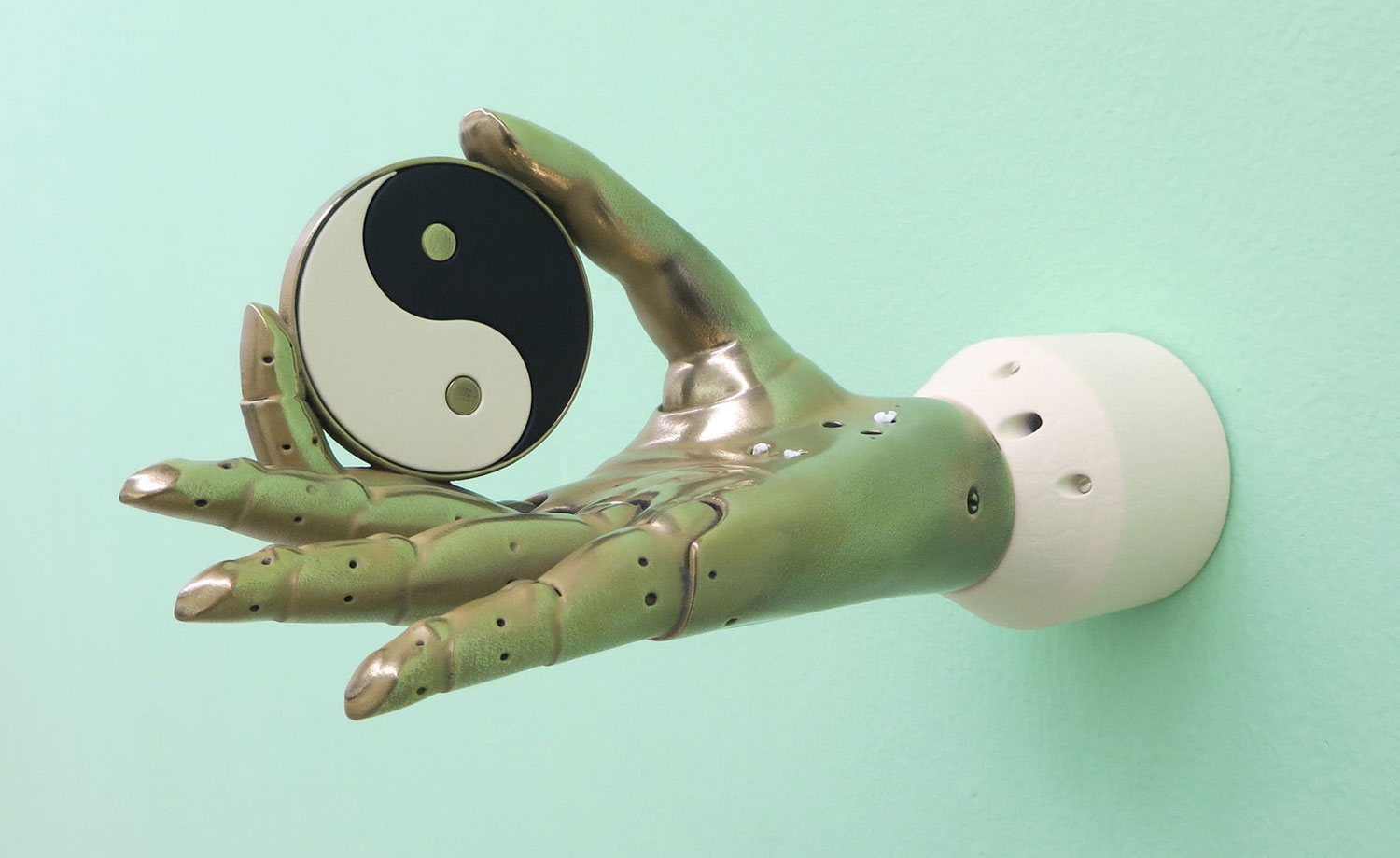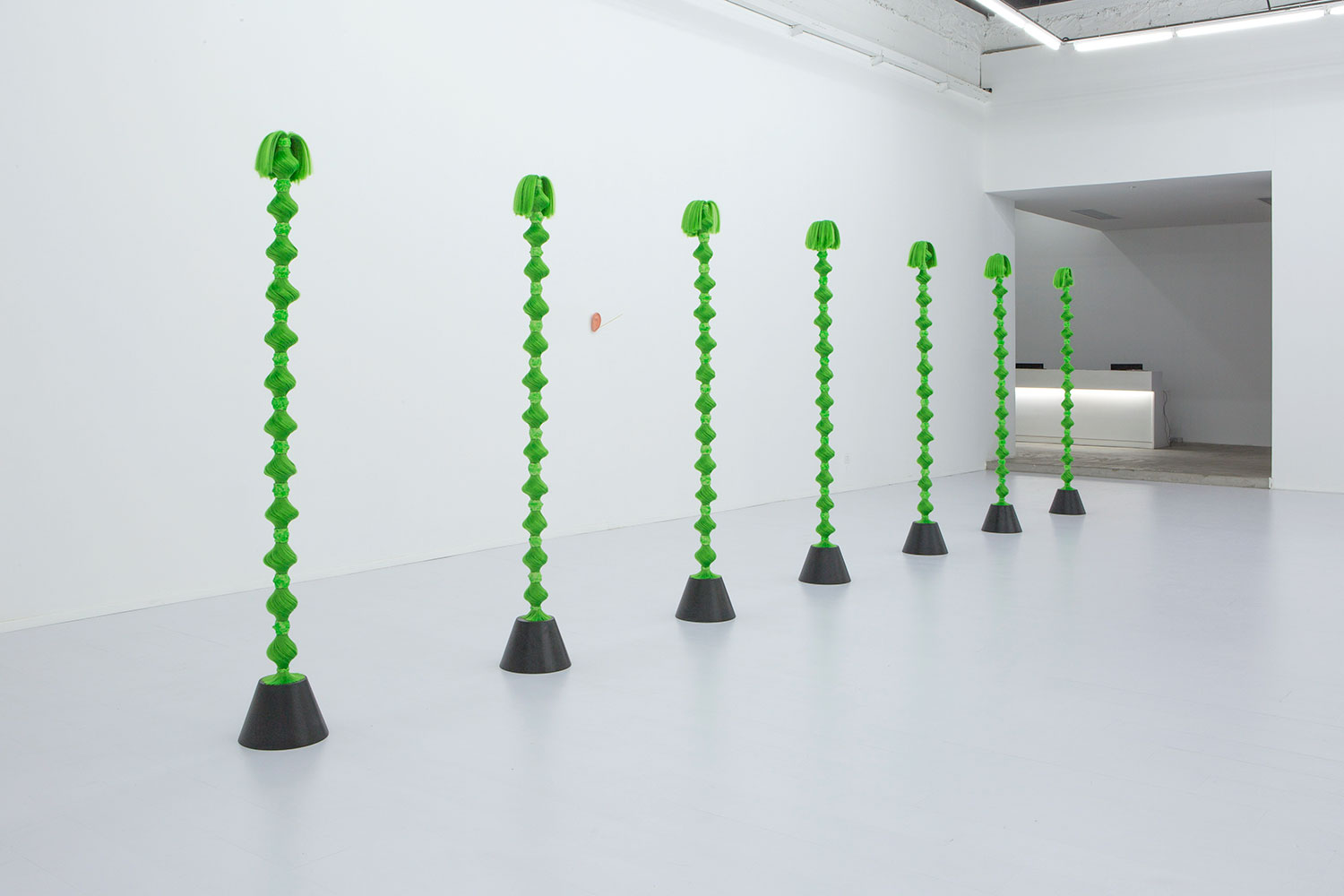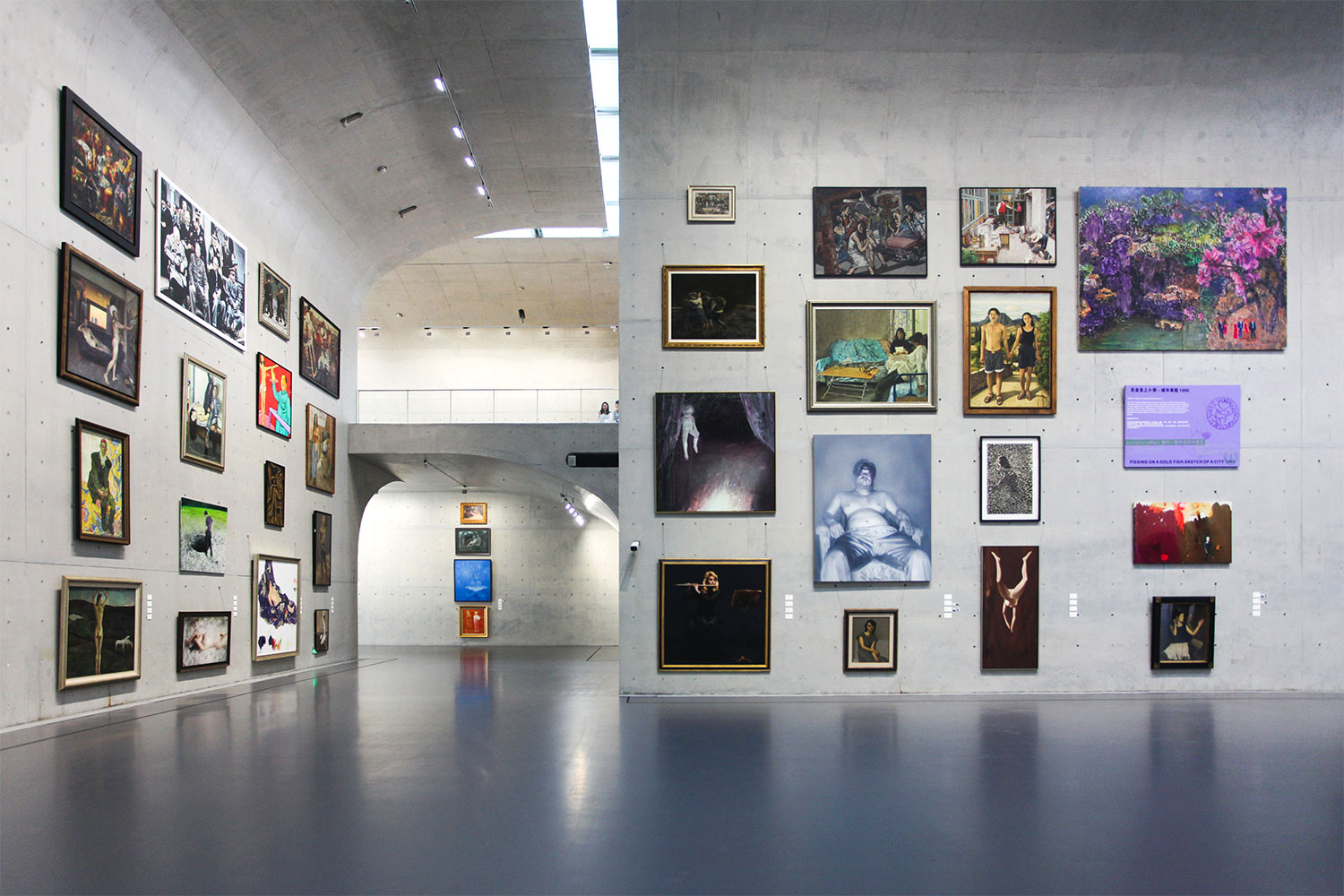This September the world descended upon Shanghai to partake in the Shanghai Biennale, the ShContemporary Art Fair, the Shanghai Art Fair and a whole host of satellite shows, but the welcome from the Chinese government was less than cordial. Visitors faced a host of problems, which included everything from visas to censorship, to severe bottlenecks in customs – most of which was the result of an Olympics-induced government paranoia.
Several German fair exhibitors, who applied in Berlin for visas, were turned down and forced to go to Munich to try their luck. Mexican artist, Mariana Castillo Debal, faced hurdles getting her visa from outside her native country, and Shirin Hakami, an Iranian curator working for Contrasts Gallery was turned down and didn’t have time to apply again. Her exhibition fared little better as most of it was detained at customs, which made for a very minimalist opening at Contrasts with only four lone canvases.
In fact there were a number of works which were stopped at the gates: bamboo sculptures and works with animal hides had to be fumigated and quarantined and then there was of course just outright censorship.
The city’s cultural bureau, or “art cops,” previewed every show that went up and several pieces got the axe, for instance Tang Maohong’s video work Orchid Finger, which depicts animal orgies and bodies being penetrated by phallic mushrooms, was banned from the Biennale. Then at the ShContemporary art fair, there was Huang He’s “Dream Series” (Galerie Michael Schultz), which featured an innocuous image of Mao; the gallerist taped over the image with a large sheet of paper: “We put the piece on the wall and this morning the art police went around and two friendly young woman said very clearly, you must take off this piece. So what can I do?” says Schultz.
Then at Galerie Albert Benamou, there were Tian Taiquan’s photographs, slender thighs and breasts peeking out from a carpet of Mao badges, and a harmless nude sculpture by the Gao Brothers – a team which has attracted the attention of the art police in the past. “Because of the Olympics they are more sensitive to these things,” says Gao Zheng, “But it’s not very logical this whole thing. Sometimes they’re strict, sometimes they’re lax? We often don’t understand why.”
On top of all this, rumor has it that a law introduced this month will make it harder to export art out of China. Typically galleries would ship through Hong Kong to avoid duties, and this new law, which requires a permit for the exportation of art is designed to close this loophole. At the time of writing authorities were still unsure as to how to process this new form of paperwork, which means that collectors who bought during the fair, were looking at delays of up to a few weeks.



